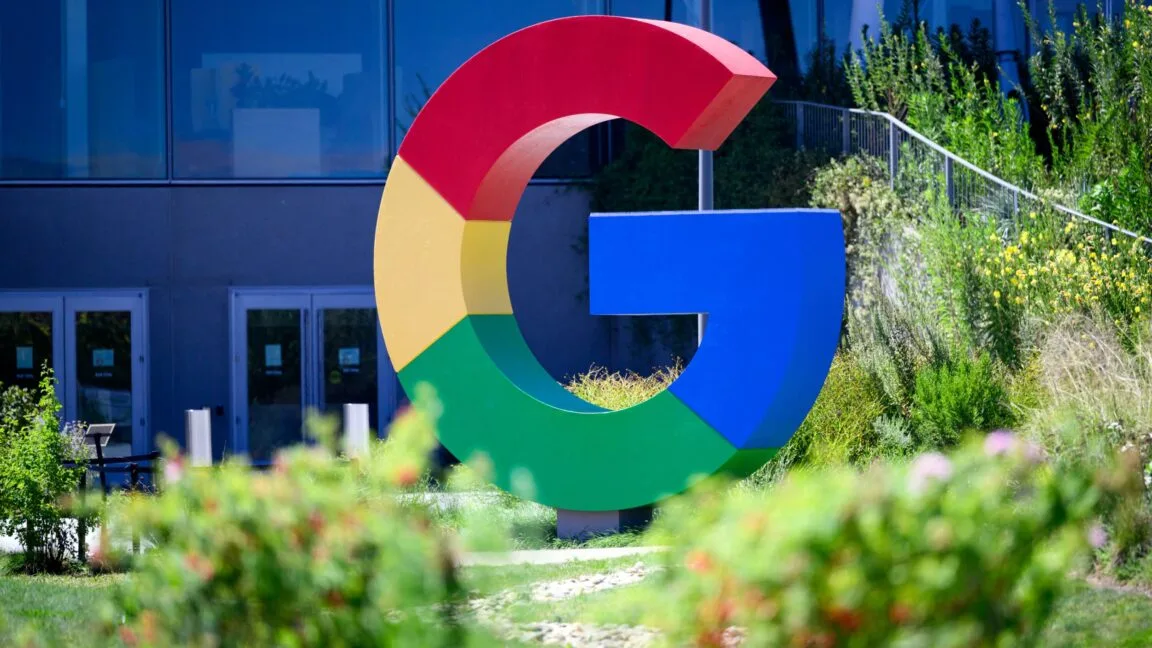Knowing who does and who doesn’t want their data collected is just another data point.
Unless Google is fined $10 billion, this means nothing.
Depends on the jurisdiction and the case specifics. In europe, under GDPR the consequence we (my employer) are the most terrified about is an injunction to stop any further processing of given data for a purpose that would be deemed illegitimate.
You’re not coming back from that one…
And that would typically be on top of the fine which would be to some extent « cost of doing business » indeed.
Google, as the judge writes, purports to treat user data as pseudonymous by creating a randomly generated identifier that “permits Google to recognize the particular device and its later ad-related behavior… Google insists that it has created technical barriers to ensure, for (s)WAA-off users, that pseudonymous data is delinked to a user’s identity by first performing a ‘consent check’ to determine a user’s (s)WAA settings.”
I don’t buy for even a single second that “pseudonymous” identifier numbers aren’t linked to other data and other identifying numbers. Big tech is willing to create shadow accounts even if you aren’t a user. They will absolutely link whatever data they have to you, then deny it later, call the lawyers, and have them claim a computer magic defense in court.
“We don’t store your name. The only data that’s even close to that would be your height, weight, address, medical history, a handful of biomarkers, your family member’s names, and a few other things that totally can’t be tied back to you!” - Google probably
and have them claim a computer magic defense in court.
And what do you know, the black box that is AI is perfect for this…
Who can say how the jury is going to decide, but I wouldn’t want to be in Google’s position. It’s easy to imagine a reasonable juror feeling exactly how the judge felt.




